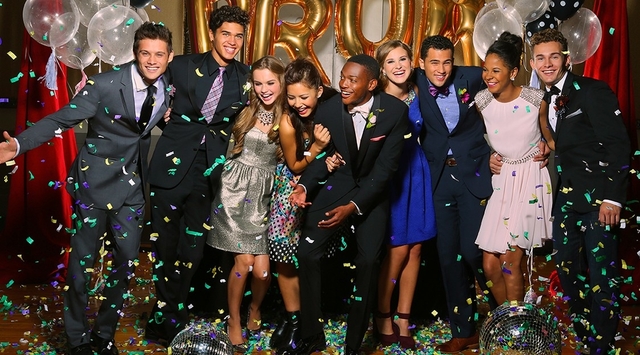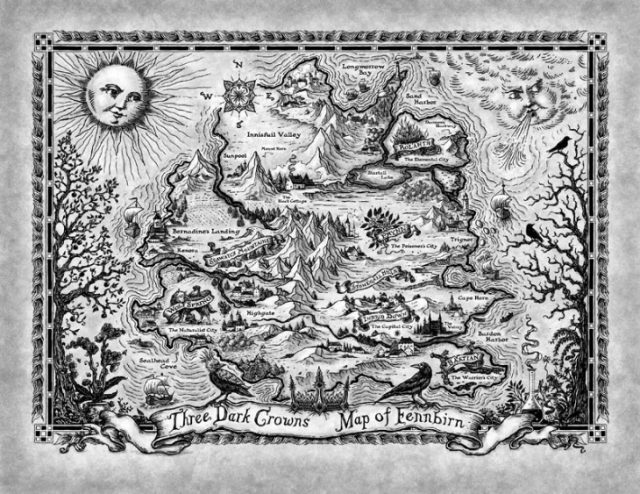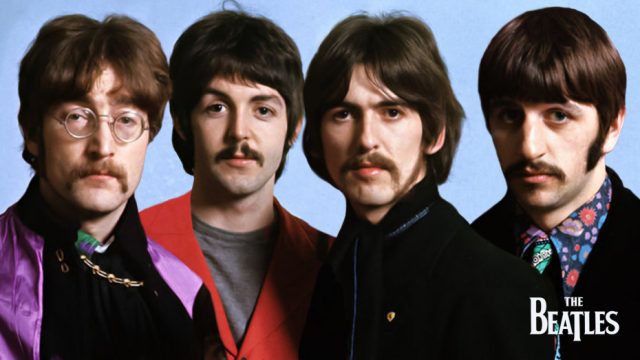We all know what satire is, right? Well, for the uninformed or misinformed, here’s the definition according to Merriam-Webster:
-
a literary work holding up human vices and follies to ridicule or scorn
-
trenchant wit, irony, or sarcasm used to expose and discredit vice or folly
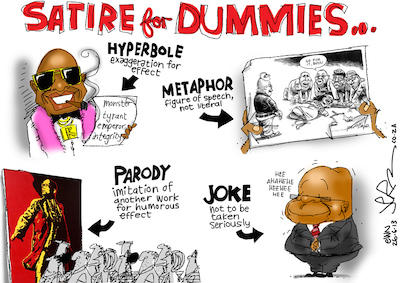
Source: Derek Haines
It’s with this definition in mind that I’d like to address the excruciatingly offensive books by Arthur C. Gackley, Bad Little Children’s Books. If you missed the Twitter storm regarding them, allow me to give you a bit of background.
In September 2016, ABRAMS published a collection of adult humor books with intentionally lurid children’s themed book covers, à la Go the F**k to Sleep by Adam Mansbach, All My Friends Are Dead by Avery Monson, and K is for Knifeball by Jory John and Avery Monson. The books, titled Bad Little Children’s Books, were initially met with “glowing” reviews. Huffington Post called it “Hilariously Twisted” in an August 24th article. And according to ABRAMS and Entertainment Weekly, was met with similar reviews from the Washington Post and other such publications.
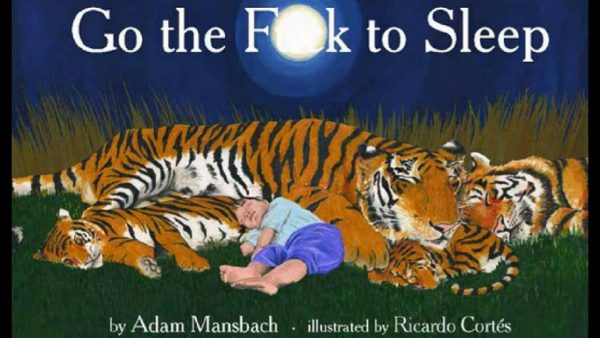
Source: Amazon
Oddly, after the book was heavily criticized on social media, Huffington Post published a different article, with the title, “Book Of ‘Kid-Lit Parodies’ Isn’t Just Offensive, It’s Bad Comedy.” The PC train took off through the gates and there was no stopping it. Social media moguls and scores of bandwagon-riders called for an immediate ban of the title.
There’s no doubt the books are racist, bigoted, and distasteful. With adorable Golden Book themed covers and titles like, Don’t Lick the Stripper Pole, Go to Sleep (forever), Alice in Walmartland, and Rockets of the Islamic State, the books are equal-opportunity offenders — but, intentionally so. On the ABRAMS website, they attempted to address this very issue:
“Bad Little Children’s Books is a work of parody and satire and, as such, it is intentionally, openly, and provocatively offensive. We took great pains to clearly label the book as such through its repulsive cover, its judgmental title, its explanatory subtitle, and its introduction which states, “Ultimately, they [the fake books covers] divide us as a society, stimulate queasiness, stir up uncomfortable gasps of incredulity, and in the end cause the reader to ask, ‘WTF?’”
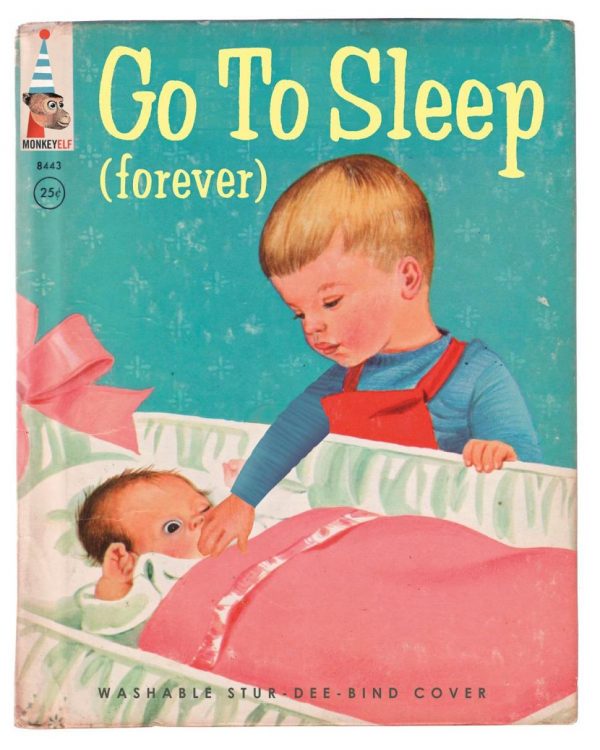
Source: Amazon
On December 4th, due to public outcry and the PC train that just wouldn’t stop, the author decided to halt the publication of Bad Little Children’s Books. To their credit, ABRAMS came to the defense of Gackley, and the right to publish such chauvinistic literature in a statement released on their website:
“We have a long record of publishing and promoting creative expression in many forms. We stand fully behind freedom of speech and artistic expression, and fully support the First Amendment. We have been disheartened by calls to censor the book and to stifle the author’s right to express his artistic vision by people we would expect to promote those basic fundamental rights and freedoms.”
In light of the potential for misinterpretation and dredging up the seedy underbelly of societal hate mongering, was it wrong to pull the books? As an author and an avid reader, my stance is a resounding “no!” In fact, I’m rather disheartened with Gackley for caving to the pressure, especially given his liberal political leanings and anti-hate views.
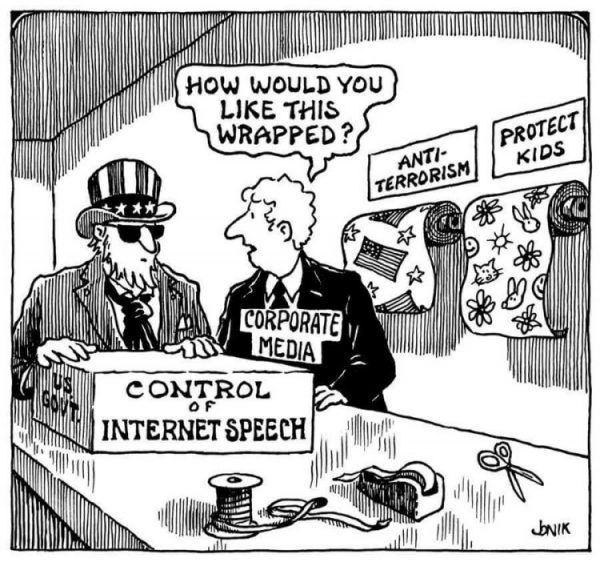
Source: Valhalla Movement
In a press release Gackley states:
“The artistic statement that I tried to make in the book is to offend and, by doing so, to shine the uncomfortable light of day on bigotry, prejudice, and hate; in effect, to refuse to let those pernicious and undermining sentiments stand. That’s been part of my life’s work and what I hoped to achieve with this book.”
He also stated, in response to calls for ABRAMS to ban the book and issue an apology for its publication,“This act of censorship is dangerous on so many levels, as free speech, satire, and parody are tools to help make us a stronger society, not a more divided one.”
Nevertheless, Gackley decided to cease the publication of the book, in effect allowing censorship (and thereby societal division) to reign.
Regardless of content, public opinion and censorship should never inhibit the rights of any writer to have their voice heard. After all, it’s our choice to read it or not. And we’re all adults here.
What are your thoughts on the controversial book? Comment and share your opinions!
YouTube Channel: Wochit News
Featured image via Amazon
